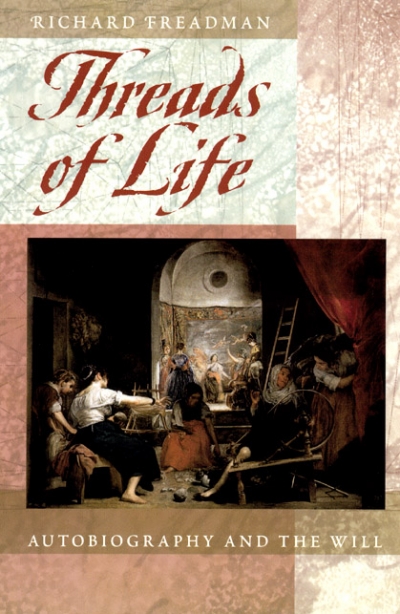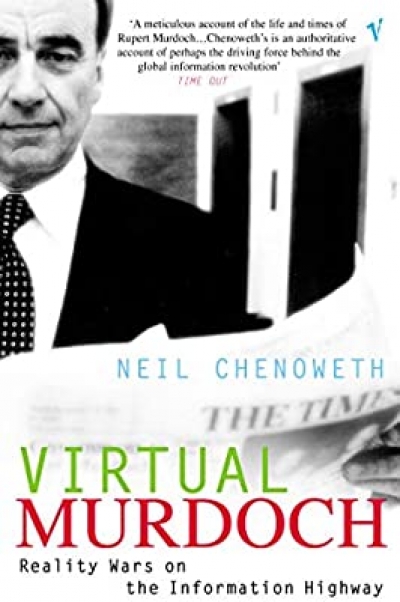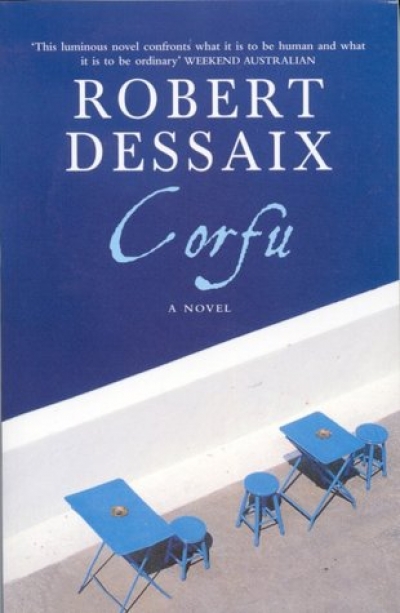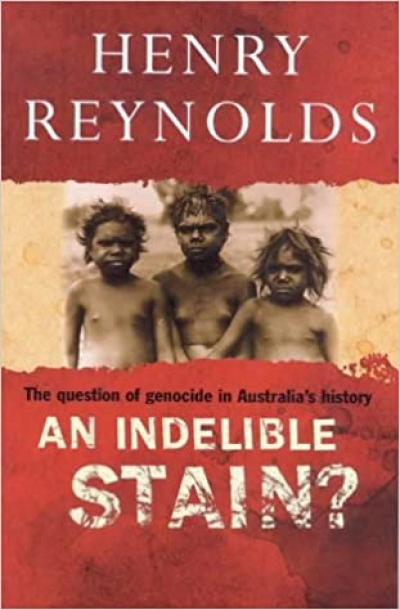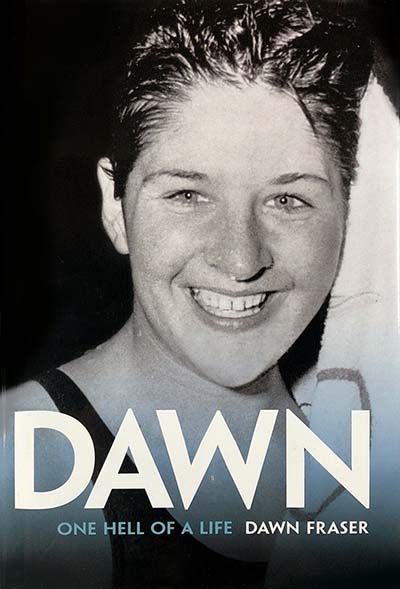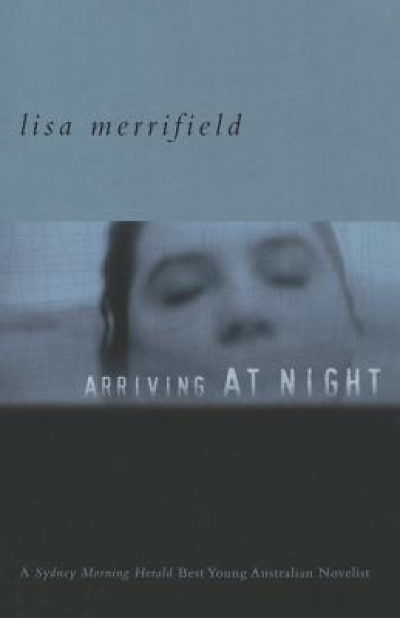Archive
Looking for Leadership: Australia in the Howard Years by Donald Horne
Back in April, when Peter Rose asked me to write an irregular column for ABR on the campaigns that the Australian Society of Authors runs on behalf of writers, it seemed perfectly clear what the subject of my first column should be. At that time, after years of hints and veiled threats, the Government had finally revealed its hand and introduced a Bill into Federal Parliament to allow the parallel importation of books. The Government wanted this legislation passed before the end of the financial year – it was a priority item.
... (read more)Threads of Life: Autobiography and the will by Richard Freadman
Virtual Murdoch by Neil Chenoweth & Working for Rupert by Hugh Lunn
An Indelible Stain?: The question of genocide in Australia’s history by Henry Reynolds
Rhetoric has a bad name. And for good reason. Not only does it suggest insincerity and verbal manipulation, it also has a strong odour of scholasticism about it. It is with some trepidation, therefore, that I turn to ancient rhetoric to urge upon you two terms I find useful in thinking about contemporary Australian poetry. I will make it as palatable as I can and hope it doesn’t choke going down. Whether it is nourishing or not, I leave you to decide.
... (read more)If T.S. Eliot and Ezra Pound
Came back to life, again it would be found
One had the gab, the other had the gift
And each looked to the other for a lift ...


